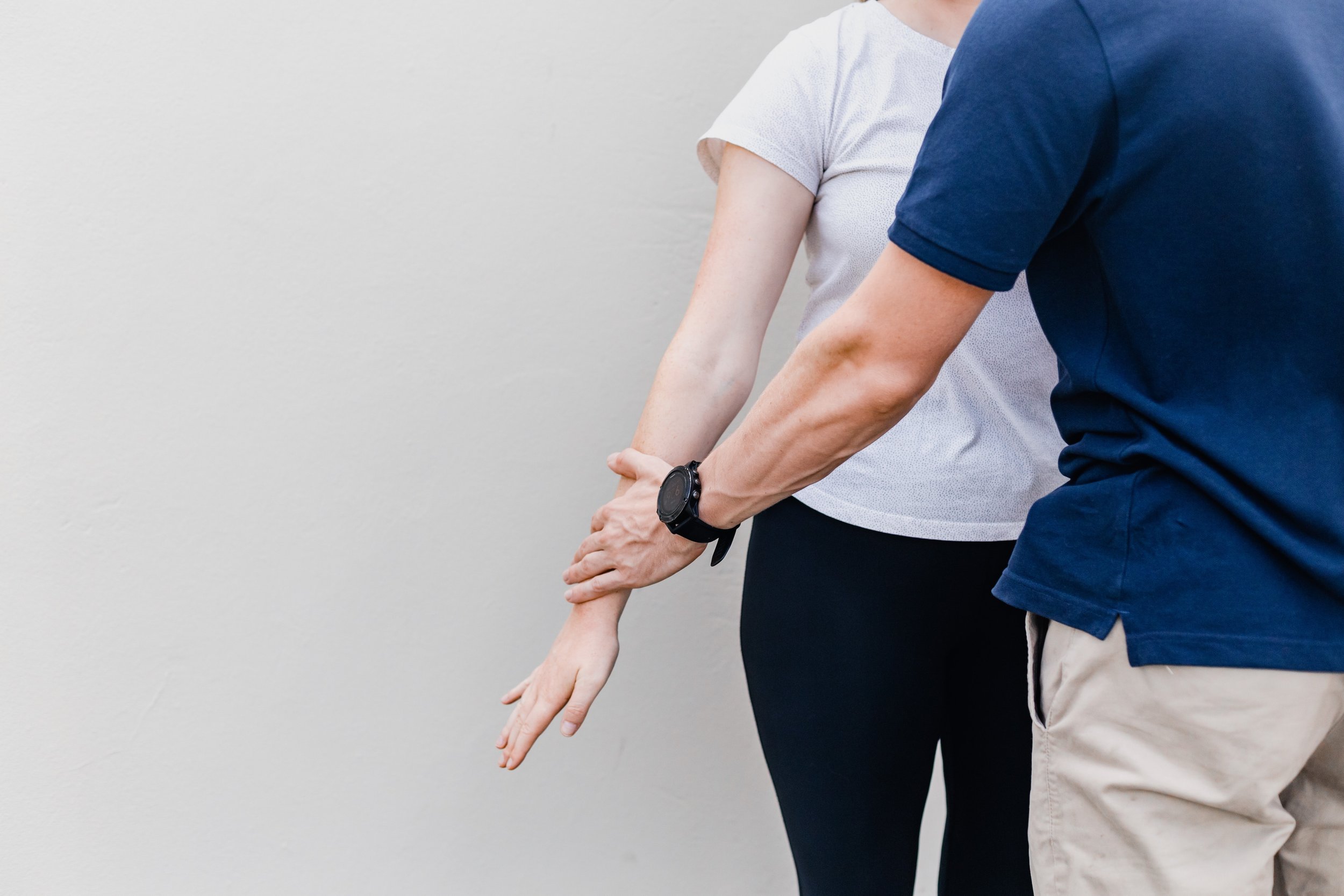How people with Neurodegenerative Disease can optimise their function with Physiotherapy
At Kinetic Balance we promote independence.
We want you to take an active involvement in your therapy. Our role is to facilitate your life goals to the best of your and our abilities. We know people are most fulfilled when they are engaged in their life. We want to help you with the skills to strive for your most meaningful life.
Neurodegenerative disease is a term used for a broad range of conditions which primarily affect the neurons in our brains. Neurons are the building blocks of the nervous system. They don’t normally reproduce, so once they become damaged or die, they cannot be replaced in the body.
Types of Neurodegenerative Disease (NDD)
Multiple Sclerosis - MS
Spinal Muscle Atrophy - SMA
Parkinson’s Disease - PD
Motor Neuron Disease - MND
Huntington’s Disease - HD
Advocacy
One of the most important things that we do is to advocate for you.Through understanding your pathology and getting to know you as a person, we are in a great position to fight for your needs. We get an appreciation of your physical and emotional needs and we know what resources are out there. At Kinetic Balance we will liaise with fund providers and fellow health professionals to advocate for your requirements.
Physical Activity
Those with NDD often become less active as the condition progresses. This can result in reduced muscle strength, increased risk of falls and reduced walking fitness. We will help you develop strategies to keep active safely and form a management plan to tackle all the physical problems that result in reduced activity levels.
Transfers
Help you establish the best and safest techniques of transferring, for example getting up from lying, sitting or toileting. We can alter this as your abilities change. We also provide support worker education on best practice.
Posture
Identify and work on optimising some of the postural changes that can occur with NDD eg flexed posture, leaning to the side.
Balance and Falls
We will consider your age, time since NDD onset, neuro-musculoskeletal changes, leg strength, walking speed, walking variability and balance on how best to reduce your risk of falls.
Aids and Equipment
We can offer options, advice and practice using various mobility aids, transfer aids and orthotics
Pain
This can result from the affect on the musculoskeletal system from altered movement and postures associated with NDD. Pain may also stem from the neurological changes of the disease itself. Some of our manual therapies and exercises can help with this aspect.
Home visits
We can assess you in your home or your community. This can be, not only convenient for you, but helps us observe what opportunities and challenges exist in your environment
On-site gym
We will always design exercise programmes that you can do at home. However, we can use our on-site gym to challenge your body in an increased variety of ways that we may not be able to do as safely at home.
Exercise Physiology
We have an onsite Exercise Physiologist who we can work with to set and achieve your movement goals.

